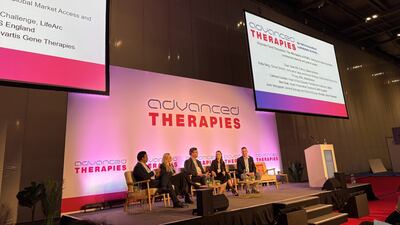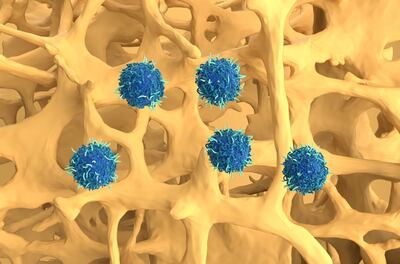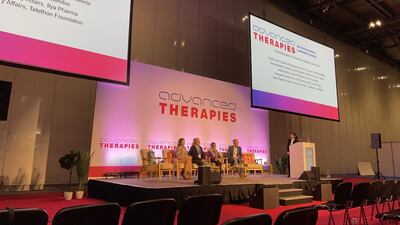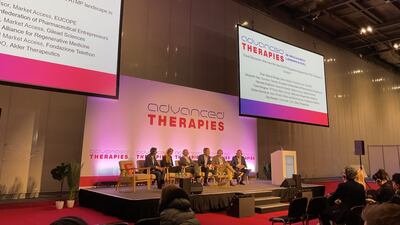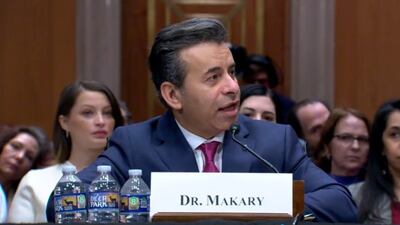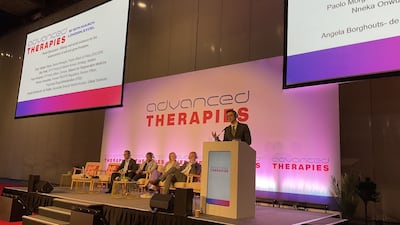The US Food & Drug Administration’s new cell and gene therapy operation is falling a bit short on its ambitious hiring goals, but the head of the Center for Biologics Evaluation & Research is accentuating the positive during a key year for the new organization.

US FDA Gene Therapy Staff-Up: Glass Three-Quarters Full?
Aggressive staffing goals for FDA’s gene and cell therapy review group might not be fully achieved – but the head of CBER believes the new organization is on track to deliver on his high expectations going forward.

More from Cell & Gene Therapies
Cell and gene therapy manufacturers must consider the practicalities of their product within the context of a health care system before it comes onto the market to be successful, experts from Novartis, AstraZeneca and England’s National Health Service say.
A risk-based approach to human cell therapies and tissue-based products could incentivize development and prevent bad actors from taking advantage of the current FDA system.
Experts working in the advanced therapy space say the US has less strict criteria for regulatory pathways for cell and gene therapies than the EU, particularly for products in early development.
Not all companies will be able to access joint scientific consultations under the EU Health Technology Assessment Regulation, but success is still possible for those that engage with national agencies early on, says EUCOPE’s Alexander Natz.
More from Advanced Technologies
US FDA Commissioner nominee Martin Makary is being embraced by industry, and Senate Democrats, as a more traditional pick than other Trump Administration nominees, but the Make America Healthy Again agenda still is clearly coming to the agency.
Not all companies will be able to access joint scientific consultations under the EU Health Technology Assessment Regulation, but success is still possible for those that engage with national agencies early on, says EUCOPE’s Alexander Natz.
Payers and health technology assessment bodies in the Netherlands, Germany and Italy are either unwilling to use real-world data in assessments or cannot due to their existing frameworks, say representatives from Gilead Sciences and Autolus Therapeutics.
